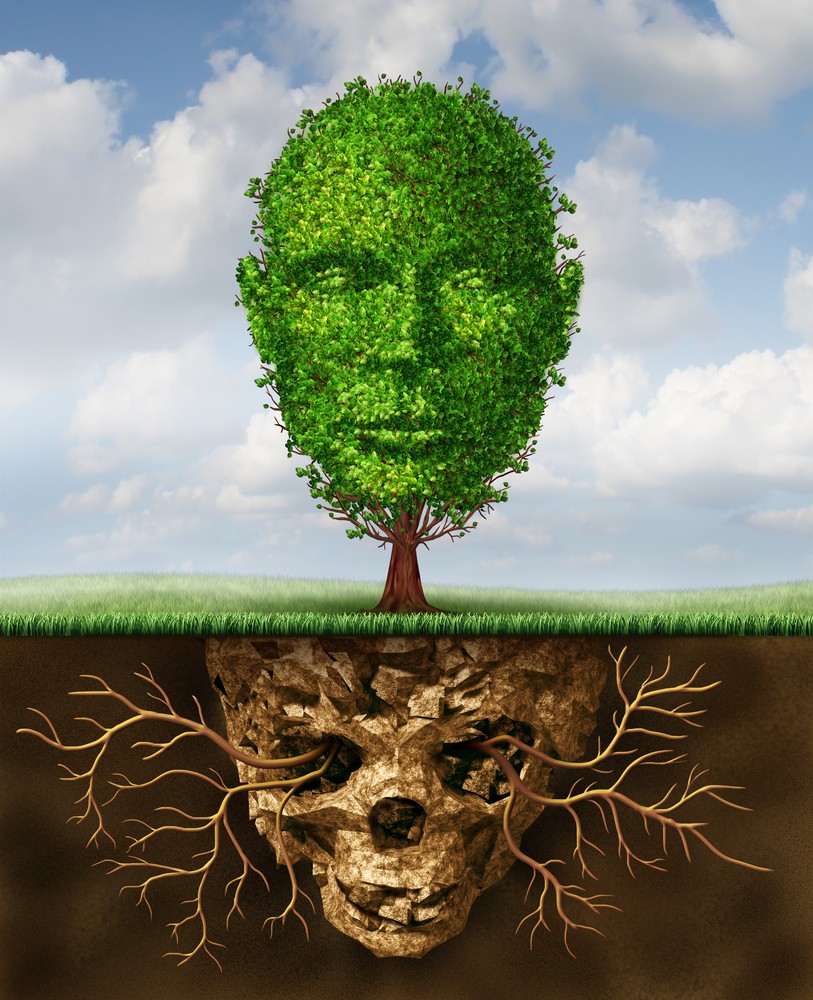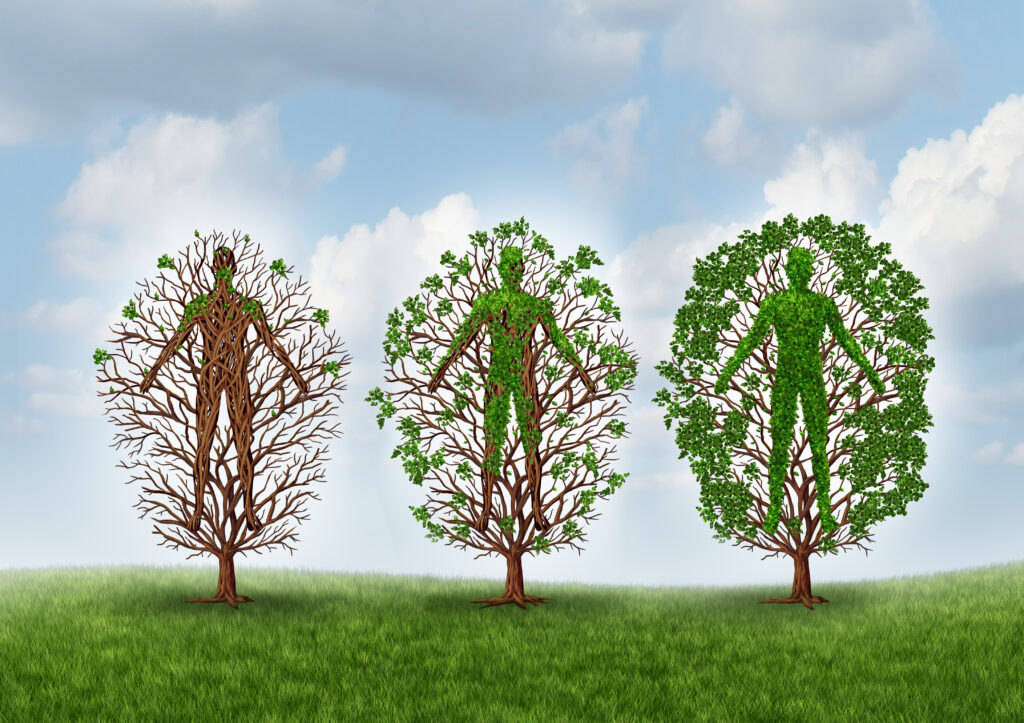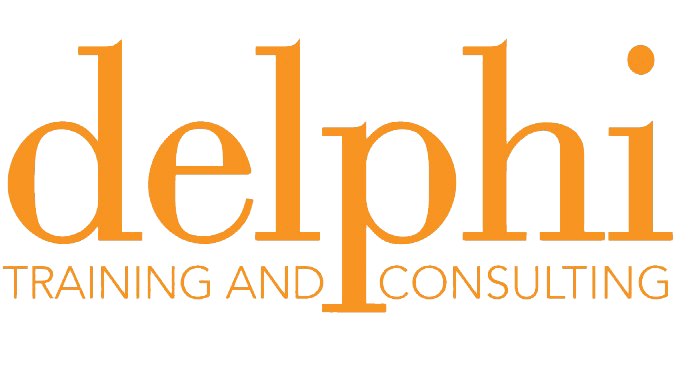
What did the defenses of Ted Bundy, O.J. Simpson, Michael Jackson, Phil Spectre, Bill Crosby, Harvey Weinstein and Ghislaine Maxwell have in common? Each of these sickening cases used the misnomer, ‘False Memory Syndrome’ (FMS) as a strategy to discredit their accusers. The other common factor in these cases is calling Professor Elizabeth Loftus as an expert witness on memory.

It was 10.00pm on 30 October 2002. I was sitting in my car at traffic lights on the crossroads of North Road and Nepean Highway. Out of the corner of my eye, I saw two figures step off the pavement. I didn’t pay attention as it appeared they were crossing the road behind me. Suddenly, the front and back passenger doors were yanked open.

The final of the memory trilogy explores complexities in navigating historical memories of child sexual abuse in psychotherapy with adult victim-survivors.
In the five years since the #MeToo and #TimesUp movements, a chorus of victim’s voices has broken the silence and cover-ups surrounding sexual harassment and assault. The alleged perpetrators were predominantly but not only men, typically in positions of power over the victim’s employment and career. Many of the accused claimed allegations were false and that their careers and reputations have been ruined unjustly.

“Is your foot sore?”, I innocently asked. Part way through a session I noticed my client pressing her foot into the floor. Her face froze. She looked like the proverbial deer caught in the headlights. Her expression was a combination of shock (at my noticing) and shame (for something of which I had no idea). I was perplexed by her reaction. I sat quietly and waited. After a few seconds she replied, “No. I have a thumb-tack in my shoe and I’m pressing my foot down on it.”

“The expectation that we can be immersed in suffering and loss daily but not be touched by it is as unrealistic as expecting to be able to walk through water without getting wet” Rachel Naomi Ramen.
Mental and allied health professionals, lawyers, the judiciary, and corrective services staff intersect the lives of others at critical and often traumatic junctures. These professions are frequently indirectly exposed to trauma through listening to accounts of traumatic events, exposure to distressing images, reading police, psychological and medical reports and victim impact statements.










